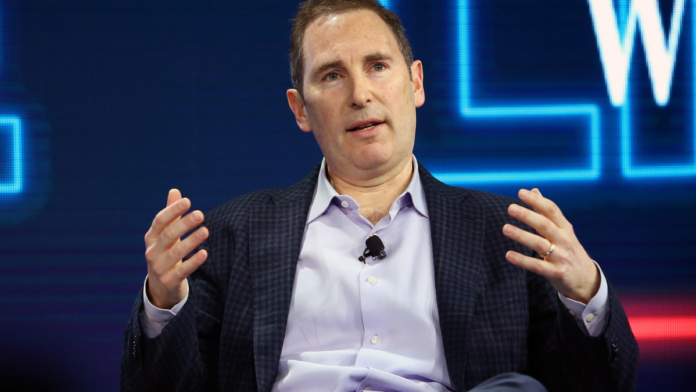Amazon CEO Andy Jassy announced a change in promotion policy during a recent Town Hall meeting — laying heavy emphasis on the need for ‘meritocracy’. The top executive also lambasted manager ‘fiefdoms’ and insisted that ‘accumulating a giant team’ was not the way forward. The development came mere days after reports suggested that the company was set to eliminate 14,000 managerial positions by early 2025 — saving up to $3.6 billion annually.
“The way to get ahead at Amazon is not to go and accumulate a giant team and fiefdom. There’s no award for having a big team. We want to be scrappy about us to do a lot more things,” Business Insider quoted him as saying.
Amazon has recently made efforts to cut down on bureaucracy and management layers — announcing plans to increase the ratio of individual contributors to managers by 15% by the end of Q1 2025. Jassy, who succeeded Jeff Bezos as CEO in 2021, has also called for the company to be operated like “the world’s largest startup”. He told employees earlier this month that the e-commerce giant was “actively changing how it thinks about promotions” and indicated plans to ‘reward’ meritocracy and what the company “actually gets done for customers”.
ALSO READAmazon layoffs: 14,000 managers to go by early 2025 as cost-saving push intensifies
A leaked recording of the all-hands meeting accessed by Business Insider also saw Jassy note that every new project should not require “50 or more people to do it”. He cited some of the Amazon Web Services products to underscore his point — noting that they had initially been launched with teams of around a dozen people.
The remarks came mere weeks after Jassy said that Amazon was cutting middle managers who “want to put their fingerprint on everything”.
ALSO READAmazon eyes India IPO, in talks to spin off country division: Report
“You add a lot of people and you end up with a lot of middle managers. And those middle managers, all well-intended, want to put their fingerprint on everything. So you end up with these people being in the pre-meeting, for the pre-meeting, for the decision meeting, and not always making recommendations and owning things the way we want that type of ownership,” he told Bloomberg during a recent interview.
» Read More


